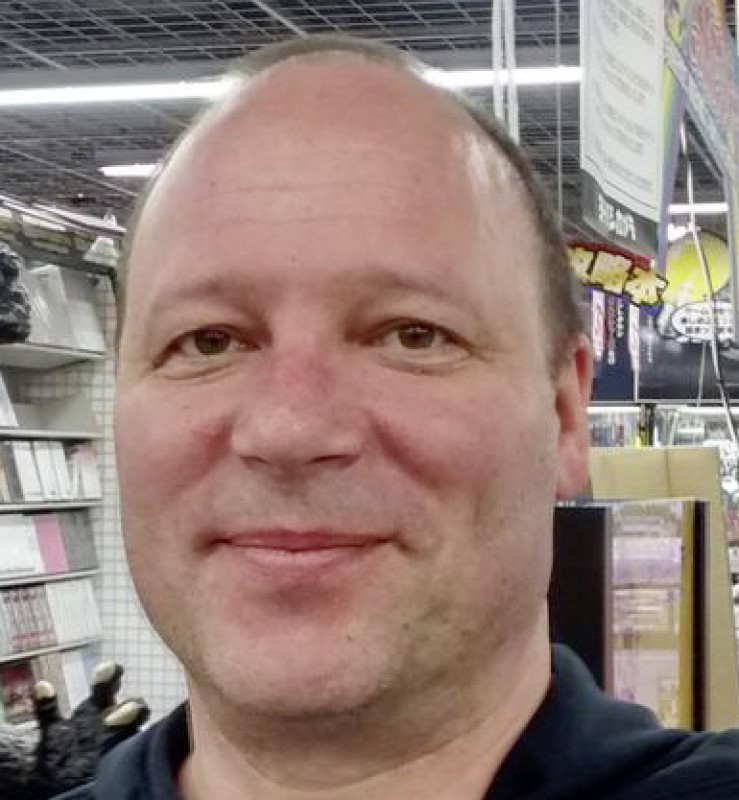The KLI Labs provide an experimental space for alternative formats such as dissussion platforms, practice talks, feedback rounds for manuscript drafts, reading clubs, etc.
Event Details

Topic description:
We have developed a cell model combining the "extended Potts model" with a basic form of gene expression and gene regulation, which allows us to study the evolution of a population of cells in a two-dimensional environment. The protist Naegleria gruberi has the ability to switch between an amoeba and a flagellate phenotype depending on the amount of food in ist environment. Inspired by this type of externally triggered behavior, we constructed our cells such that they can produce two classes of gene products, necessary for either cell movement or cell metabolism, which mutually repress their expression. The cells have a finite life time, and gene expression reduces the "charge" of an internal "battery", which can be refilled by feeding. Selective pressure comes from the continuous change of the position and amount of nutrients available in the environment. Results show how selection drives the gene number and efficiency into a certain range which allows the cells to switch from one protein expression regime to the other and so move and feed depending on the external conditions.
Biographical note:
Camille Stephan is a PhD student at the Institute for Theoretical Chemistry at the University of Vienna. She studied Mathematics in the Faculty of Sciences at UNAM (Universidad Nacional Autonoma de Mexico), obtaining her MSc in 2002. In Vienna, she has investigated the properties of the hypercycle with an explicit phenotype-genotype map for RNA sequences. She is interested in combining mathematical and computational tools to study topics like molecular evolution or the characteristics of gene regulatory networks. Christoph Flamm is currently a University Assistant at the Institute for Theoretical Chemistry at the University of Vienna. He studied Organic Chemistry at the University of Vienna (MSc 1996) and received his PhD in 1998. In his thesis he investigated the kinetic folding of RNA. His research interests range from biopolymere folding over artificial chemistries to abstract models for the evolution of development.


